When it comes to beeswax, there is some debate about where it should be sourced from. Some argue that it's better to buy beeswax from other countries because it's cheaper, while others argue that domestically produced beeswax is the way to go.
I stand firmly in the latter camp. Choosing domestically produced beeswax is not only better for our economy, but it also supports small, local beekeepers and ensures that the beeswax is ethically and sustainably sourced.
One of the biggest reasons to choose domestically produced beeswax is that it supports small, local beekeepers. These beekeepers often use sustainable practices. This means that they are more likely to take care of their bees and ensure that they are healthy and well-fed.
In contrast, beeswax from other countries is often produced by large, industrial beekeepers who may not have the same level of care for their bees. They likely use pesticides and other harmful practices, which can be detrimental to the bees and the environment.
Another important factor to consider is the quality of the beeswax. Domestically produced beeswax is often of a higher quality because it's been harvested and processed locally. This means that it's fresher and less likely to have been adulterated with other substances.
In addition, buying domestically produced beeswax helps to support our economy. By buying from local beekeepers, we're keeping money within our own communities and supporting small businesses. This is especially important in today's globalized world, where so much of our consumer goods are imported from other countries, which contributes to carbon emissions.
In conclusion, choosing domestically produced beeswax is not only better for the bees and the environment, but it's also better for our economy and local communities. When you're looking to buy beeswax, make sure to choose a product that's been ethically and sustainably sourced, and that supports small, local beekeepers. Your purchase will make a difference.

